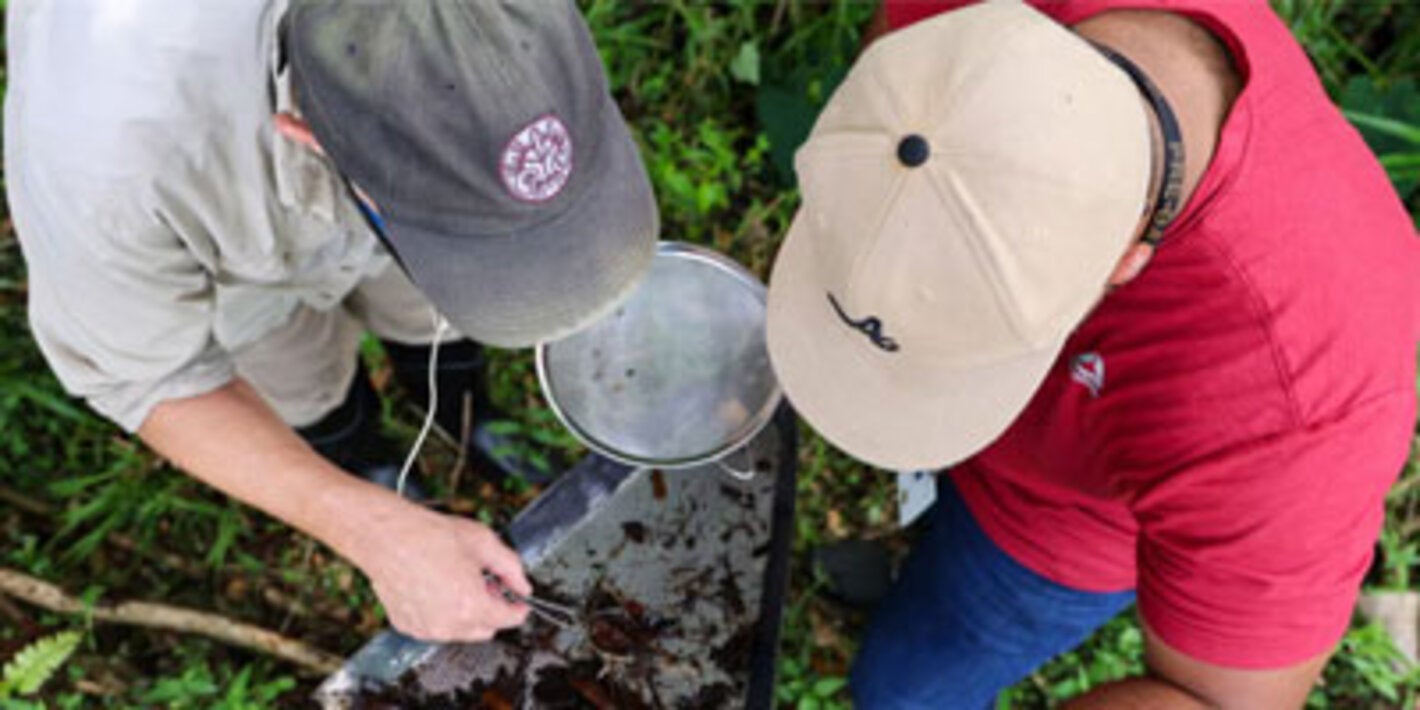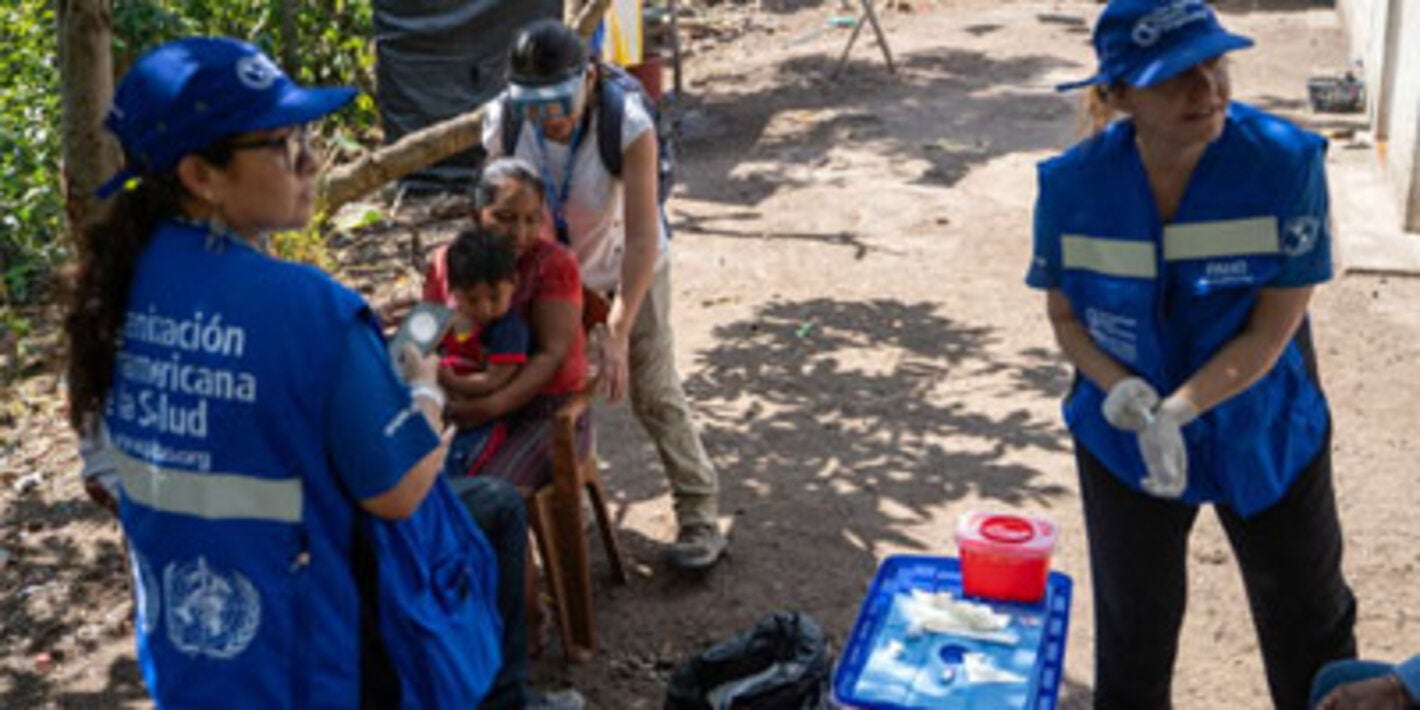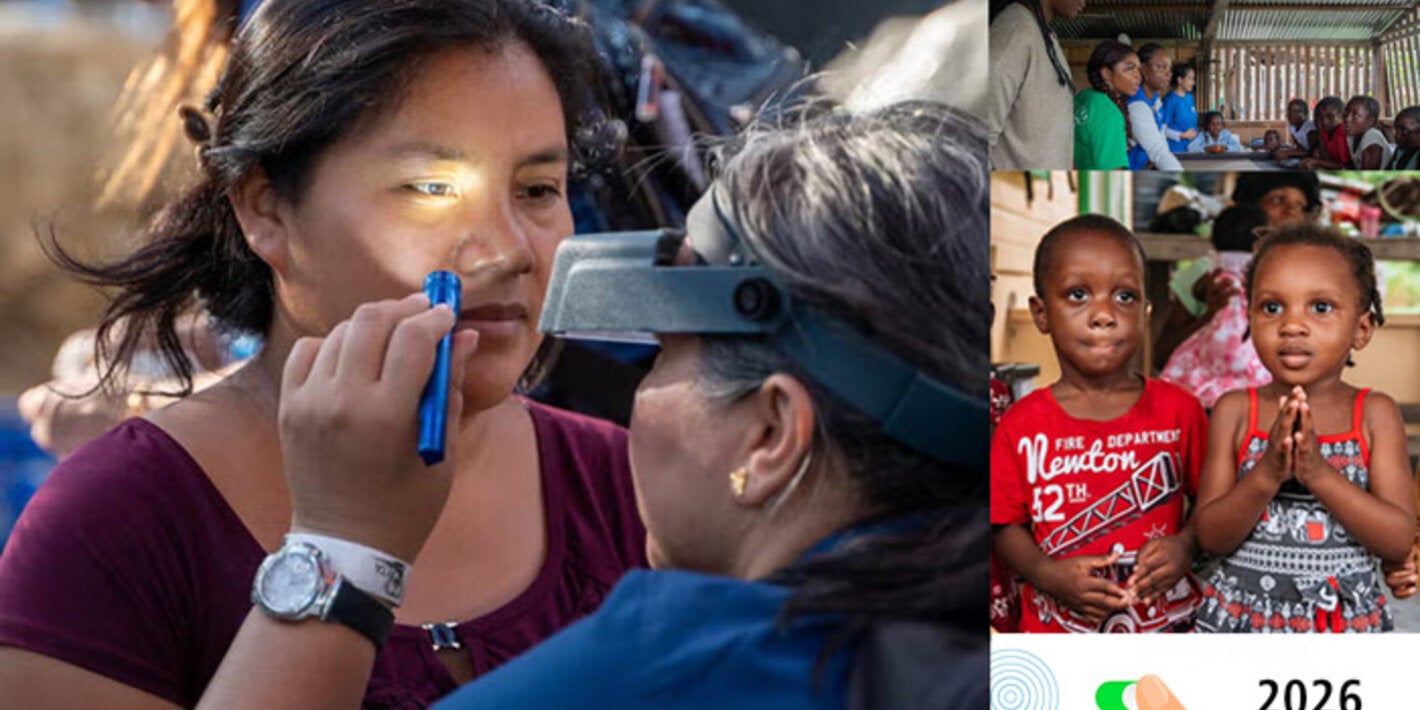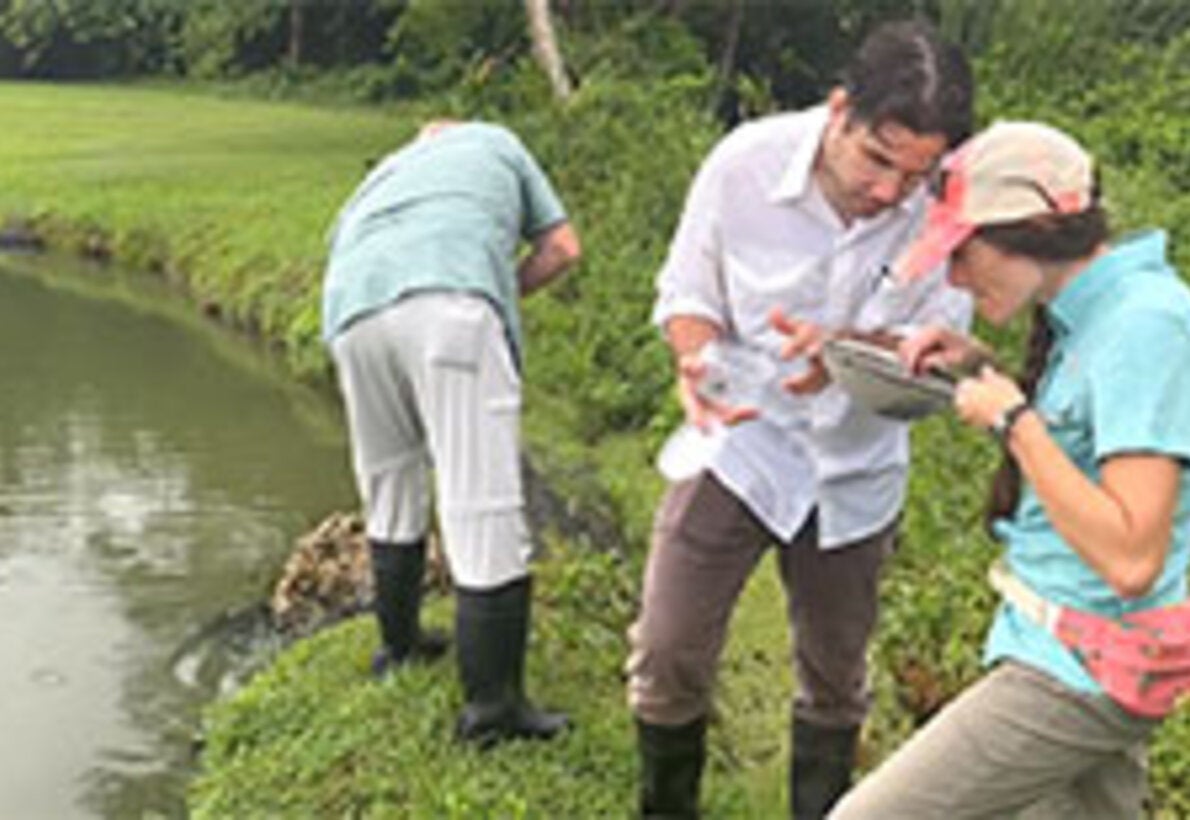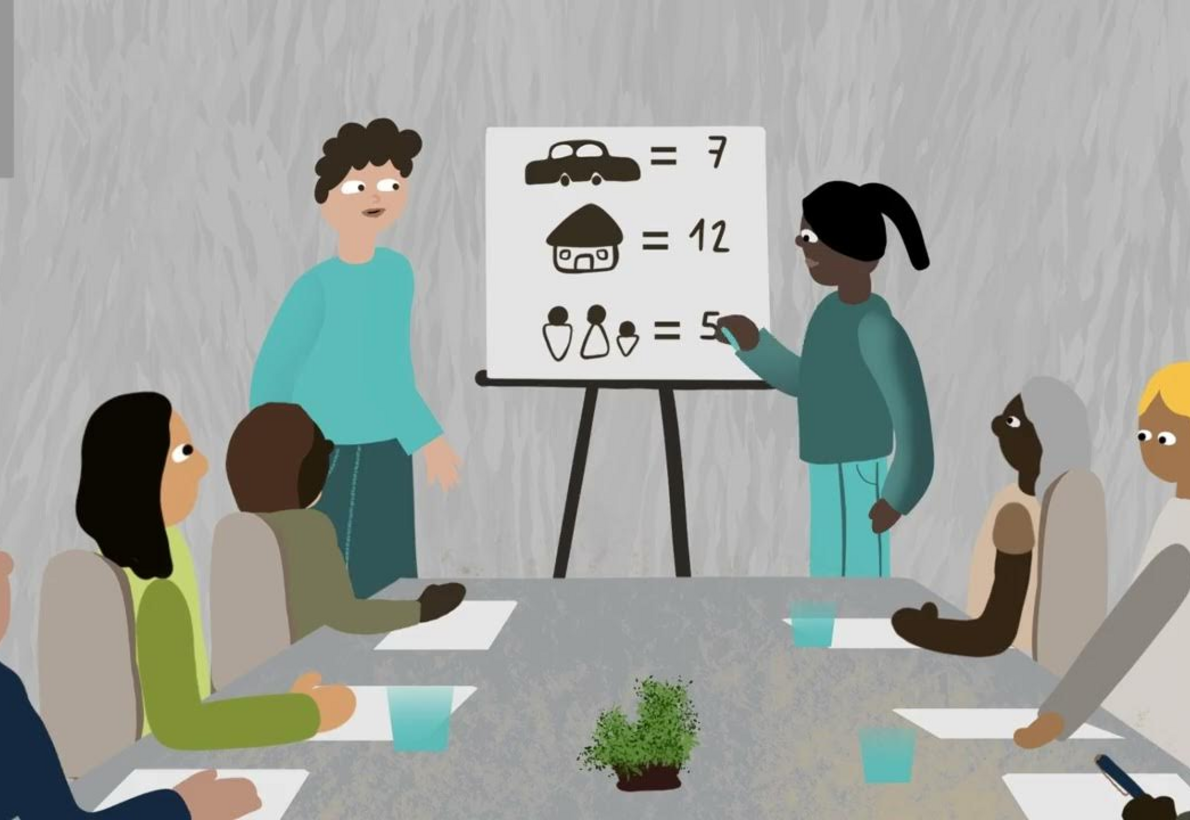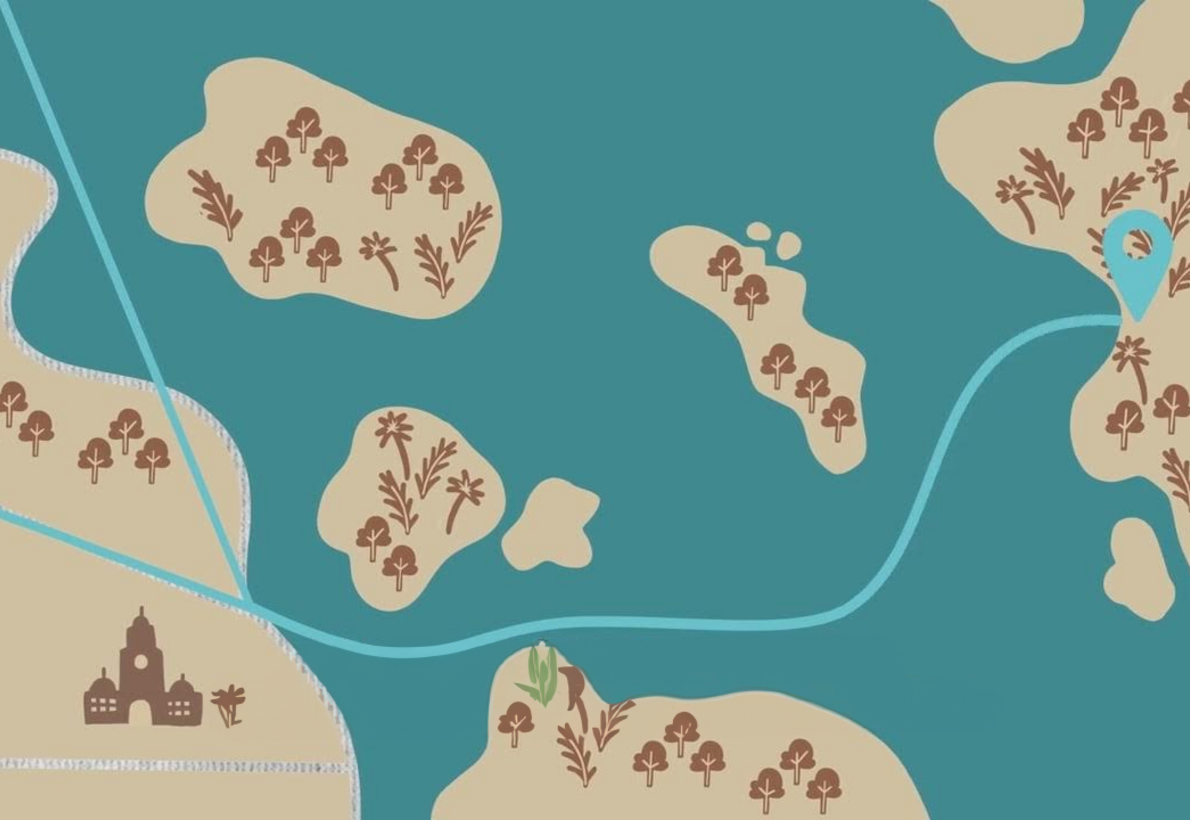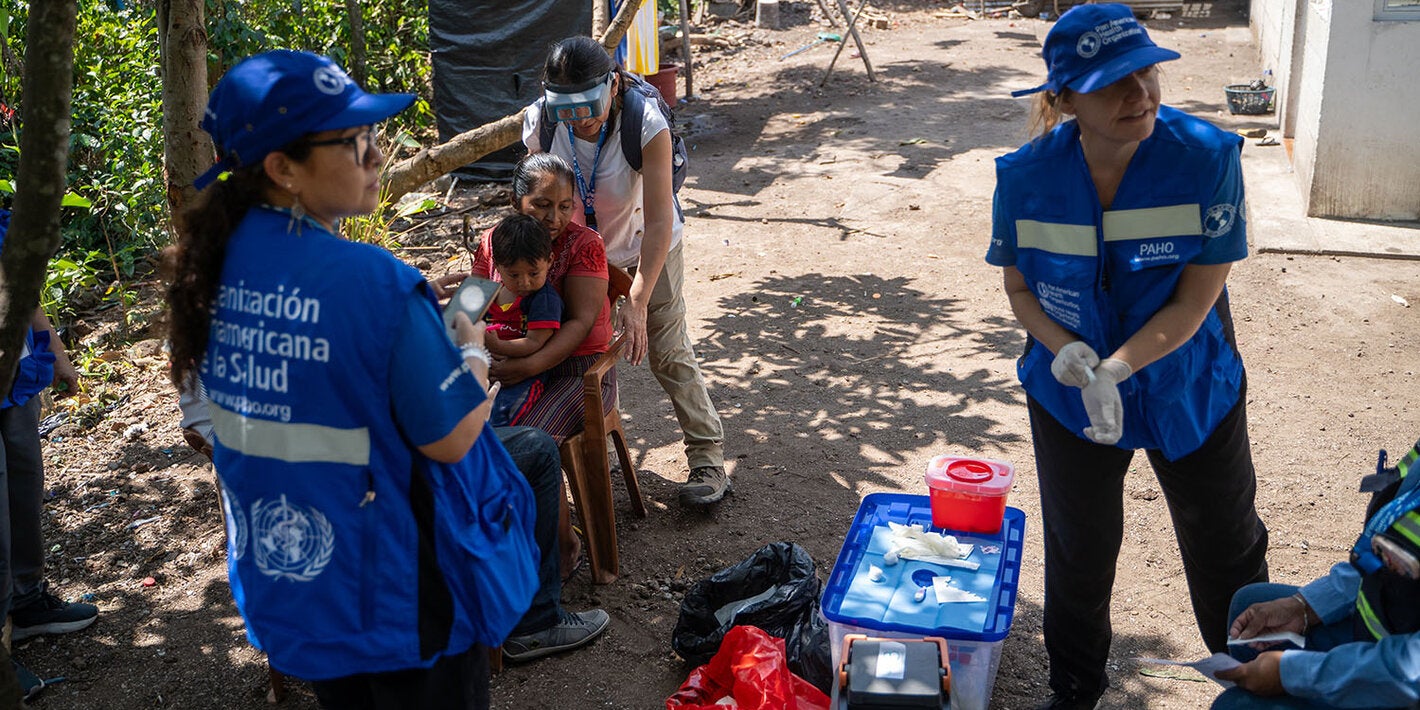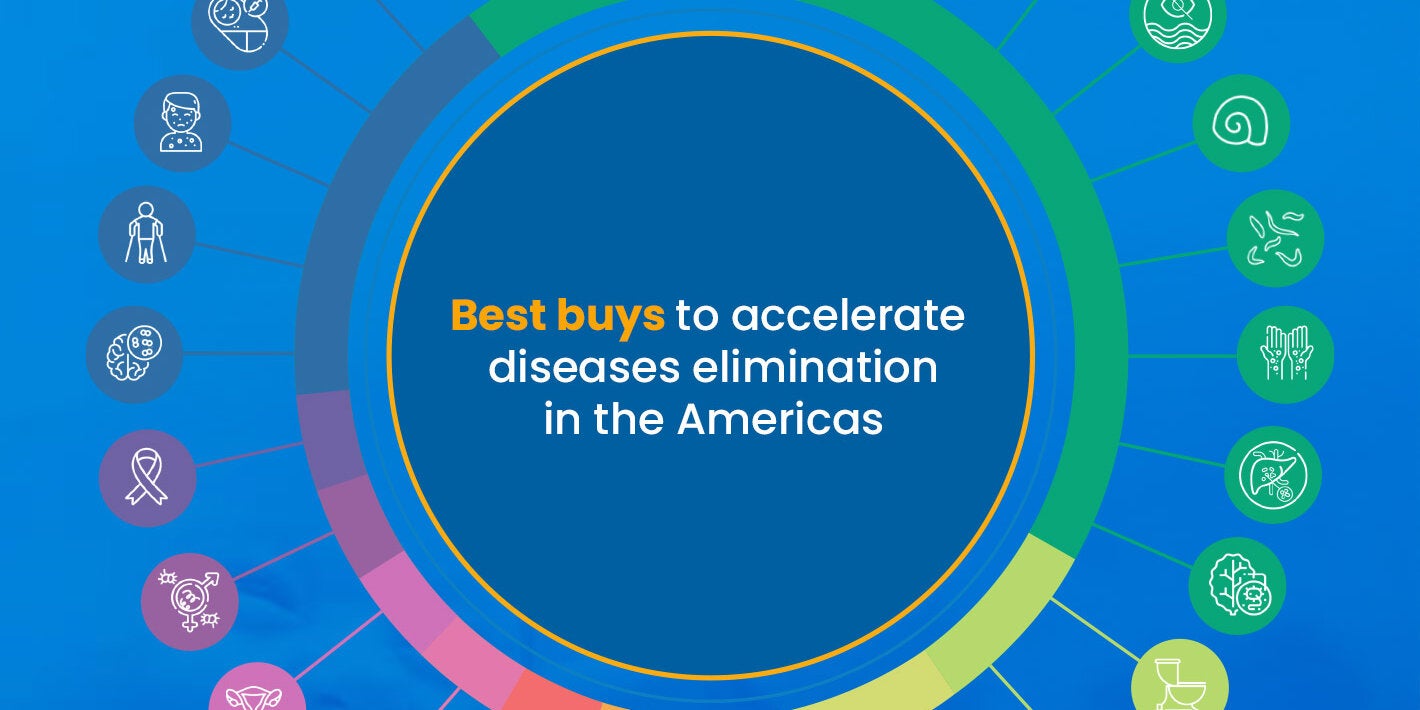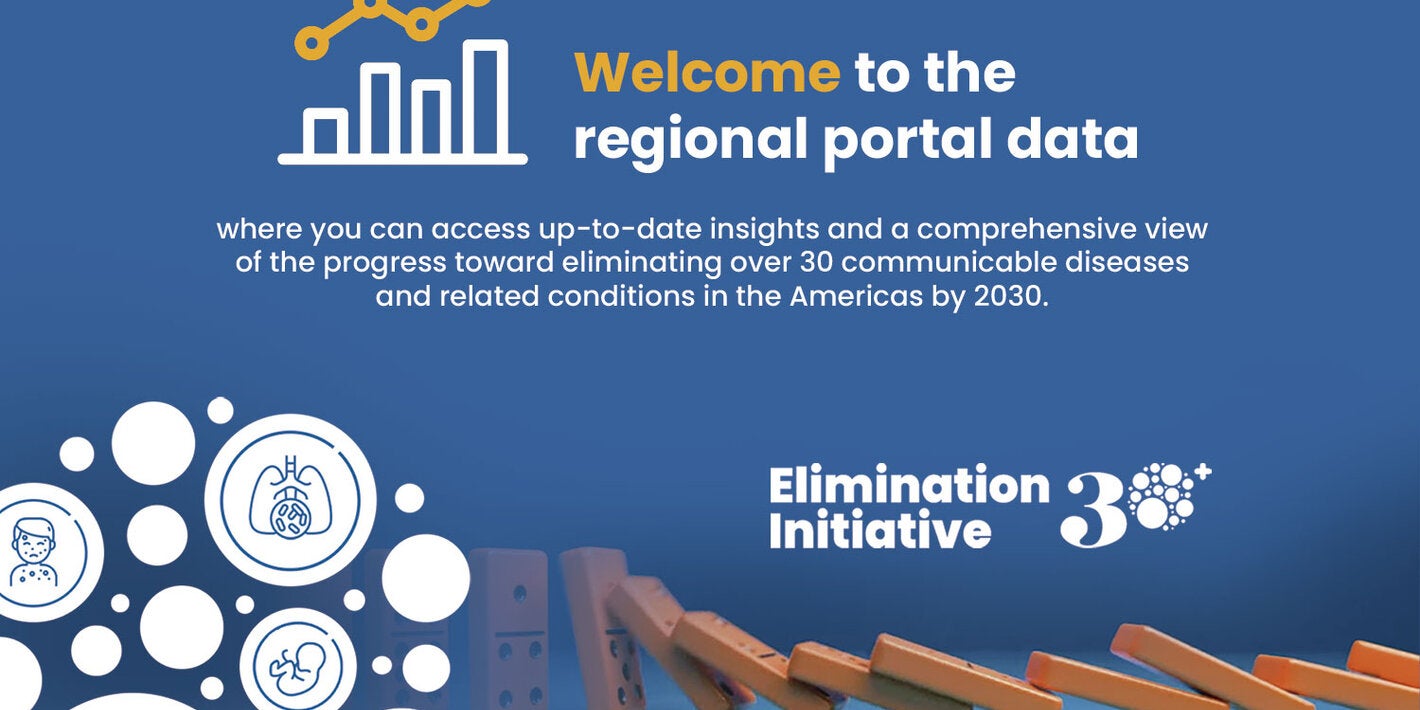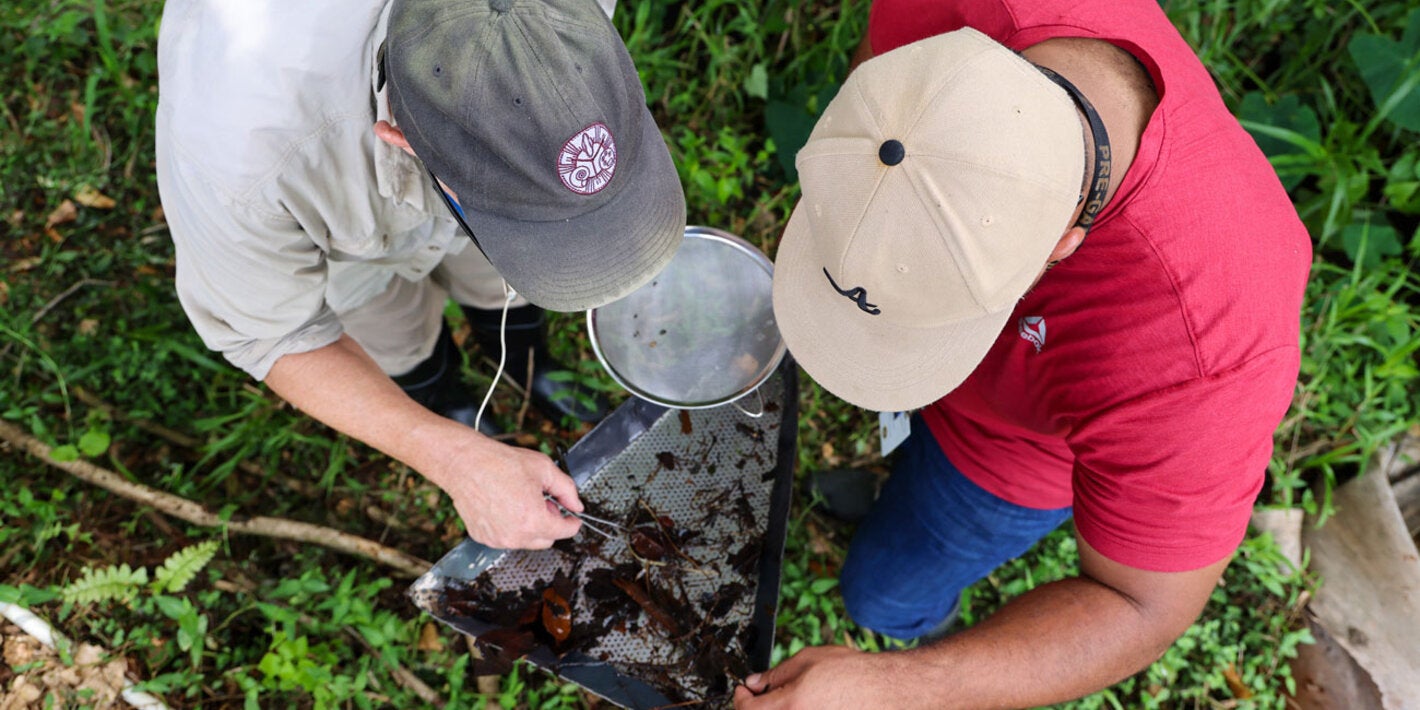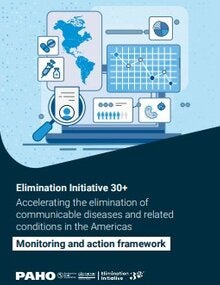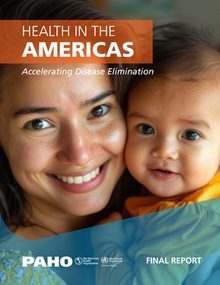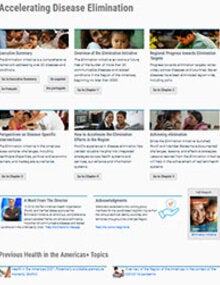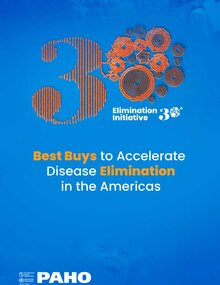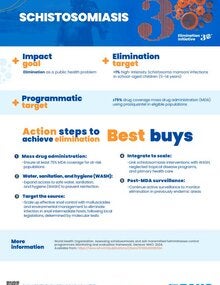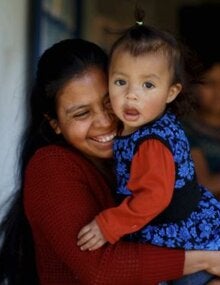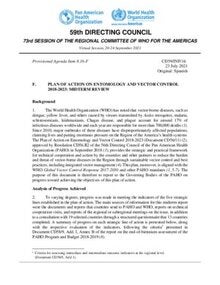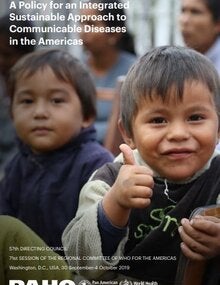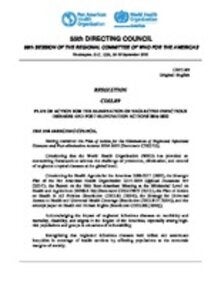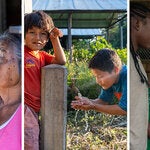Schistosomiasis is a chronic parasitic infection caused by worms. It is most common in rural and impoverished populations. In the Americas, the parasite species is Schistosoma mansoni, which is associated with intestinal schistosomiasis. The main risk factor for infection is exposure through household, work, or recreational activities in fresh water contaminated with faeces from infected humans. In the Region, for transmission to occur, Biomphalaria snails, the intermediate hosts of the parasite, must also be present in contaminated water. Children and adolescents are the populations most at risk. Chronic infection can result in anaemia, fibrosis of intestinal veins and the liver, spleen enlargement, and in serious cases, neurologic complications and death. Schistosomiasis claims the lives of children and adults in the Americas each year.
- Schistosomiasis transmission probably has been interrupted but not yet verified in Puerto Rico, Dominican Republic, Antigua and Barbuda, Montserrat, Guadalupe, Martinique, and Saint Lucia but is still ongoing in Brazil, Venezuela, and Suriname.
- Approximately 25 million people are at risk of contracting the infection, and it is estimated that nearly 1.6 million school-aged children need preventive medicine (in foci in northeastern Brazil and central Venezuela).
- Transmission of the disease is currently very low in Suriname, and may be interrupted in the near future.
Schistosomiasis is a parasitic infection caused by trematode species belonging to the genus Schistosoma: the only type of schistosomiasis transmitted in the Americas is intestinal schistosomiasis caused by Schistosoma mansoni. Adult worms in the human host measure about 1 cm (male) and 1.5 cm (female). The male is canal-shaped and lodges the female, so that they are usually found together.
1,6 million infected individuals in Brazil and Venezuela require treatment for schistosomiasis; in contrast, transmission in St. Lucia and Suriname is from low to very low. Epidemiological assessments are being implemented in the Dominican Republic and are planned in Puerto Rico to verify whether transmission of schistosomiasis has been interrupted, as cases have not been reported for a long time.
In order to complete its life cycle, S. mansoni requires a final host, the human being, as there is no significant animal reservoir, and an intermediate host, a freshwater snail of the genus Biomphalaria, (Bulinus or Oncomelania).
The adult worms live in the smallest branches of the intestinal mesenteric veins of infected individuals, where they lay eggs which reach the intestinal lumen and are passed in the faeces. When the faeces reach freshwater sources, the eggs hatch into larvae called miracidia. Miracidia find their way to suitable water snails where they reproduce asexually and generate another type of larvae, called cercariae, which escape the snail and are released into the water. Transmission to humans occurs when the cercariae, which swim freely, penetrate the skin of humans bathing for professional or recreational purposes.
Once in the human body, as schistosomula (young worms), they penetrate blood vessels and finally reach the portal venous system of the liver, where they mature into adult worms and finally migrate to the intestinal venules, where they start laying eggs, thus closing the cycle.
Intestinal schistosomiasis gives rise to both early and chronic symptoms.
Early symptoms such as pruritic rash are associated with skin penetration of the cercariae. Chronic symptoms are associated with the granulomatous inflammation that surrounds the eggs trapped within the biological tissues. Granulomas can be found in the intestinal wall (mainly the distal colon portion) and can be responsible for blood in the stools and abdominal pain. Most of the symptoms are however caused by embolization of the eggs from the intestinal veins to the liver, through the portal system. Here, granulomas are found in the periportal spaces and tend to merge progressively thus leading to periportal "pipestem" fibrosis.
Severe cases are associated with obstruction of portal blood flow and portal hypertension, thus eliciting a clinical picture characterized by splenomegaly, ascites and bleeding esophageal varices which are a frequent cause of death.
A suggestive clinical picture and a history of contact with freshwater sources can orientate the diagnosis.
Microscopic identification of eggs in stool samples remains the most widely used diagnostic technique, even though it can give falsely negative results in the earliest stages of the infection, when egg deposition has not started yet.
The Kato-Katz thick-smear technique is the one recommended by WHO for community diagnosis and assessment of the endemic status of schistosomiasis in a given geographical area. Tests relying on detection of circulating antigens in serum and urine samples are available but not very sensitive specially in low endemic areas; tests detecting antibodies are the most sensitive available and are consequently used to assess the existence of residual transmission of schistosomiasis in areas where control measures have been implemented; they cannot however distinguish between current and past infections. Imaging techniques such as ultrasound are helpful complementary tools in staging the severity of the liver fibrosis.
Praziquantel (PZQ) is the first therapeutic option for of schistosomiasis recommended dosage is 40-60 mg/kg, single-administration. It has high cure and egg reduction rates and is associated with only mild and temporary adverse events. In endemic areas, in order to facilitate treatment activities, PZQ can be administered by using the WHO dose-pole, which calculates the appropriate dosage by height instead of weight.
Oxamniquine is another medicine that can be used to treat S. mansoni schistosomiasis. It is administered at the dosage of 15 mg/kg, single-administration. Although a safe drug, oxamniquine is less used than PZQ due to lower cure and egg reduction rates.
The mainstay of the WHO-recommended strategy to control schistosomiasis in endemic areas is the large-scale distribution of PZQ to high-risk target groups (school-age children, women of childbearing age including pregnant women, individuals professionally exposed to frequent contact with fresh water), or to the entire resident population. The aim of the strategy is to keep, through treatment at regular intervals, the worm burden in infected individuals low, so as to prevent the development and the progression of morbidity and reduce transmission. It is also important to address the social determinants of health that can perpetuate the cycle of disease transmission, such as access to safe water, improved sanitation and health education.
In areas where prevalence is very low, and where sensitive diagnostic tests are easily affordable and available, regular screening and selective chemotherapy of positive cases can also be an option.
In 2009, PAHO's Directing Council Resolution CD49.R19 urged Member States to take measures against schistosomiasis and drastically reduce its prevalence in the Americas. As a number of countries in the Americas are approaching low transmission status as a result of many years of control interventions, a strategy for interruption of transmission is also being developed with support from PAHO/WHO. It is hoped that such combined approach will produce a "final push" and will make the Americas free from the burden of schistosomiasis in a near future.
In 2012, the WHO member countries approved the goal of eliminating the transmission of schistosomiasis (WHA 65.21).
PAHO/WHO works with endemic countries to obtain medicine donations and diagnostic tests needed to interrupt transmission and eliminate schistosomiasis.
PAHO/WHO provides technical cooperation for the surveillance, prevention, and control of schistosomiasis and helps countries prepare to obtain verification of elimination of transmission.
This is one of the +30 diseases and conditions included in the Elimination Initiative and targeted for elimination in the Region of the Americas by 2030.



